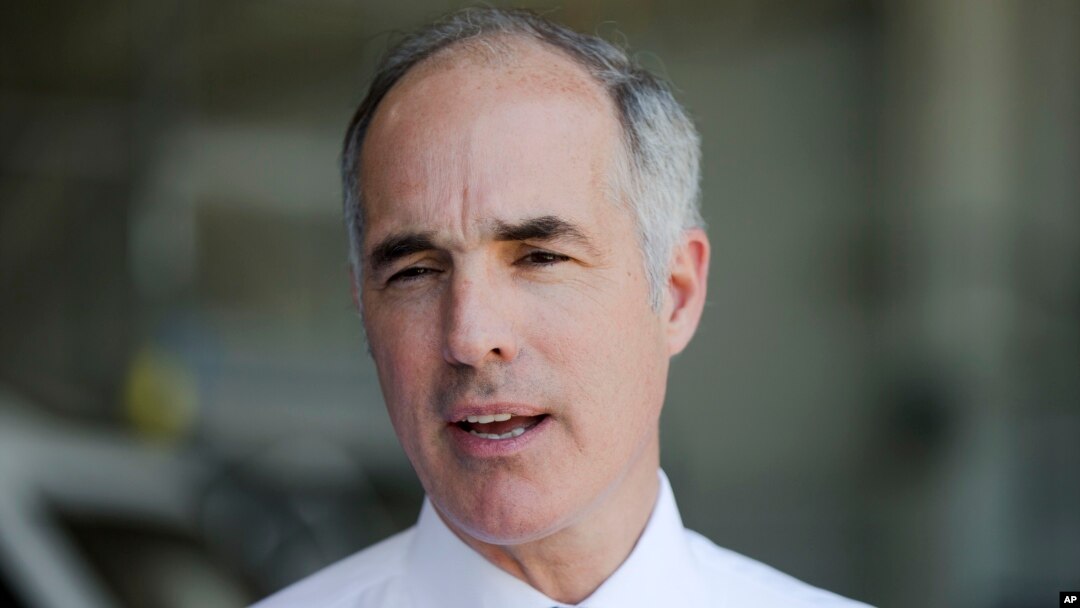Supporters of the international nuclear agreement with Iran moved to within one vote Tuesday of mustering enough support to protect the deal in the U.S. Congress when two more Senate Democrats said they would support the pact.
The announcements by Senators Bob Casey of Pennsylvania and Chris Coons of Delaware came a week before the Senate returns to formally debate a Republican resolution disapproving the accord announced July 14 between the United States, five other world powers and Tehran.
Their support means that 31 Democrats and two independents who vote with them now support the deal, seen as a potential legacy foreign policy achievement for Democratic President Barack Obama.
Two Senate Democrats oppose the pact, along with the overwhelming majority of Republicans in the chamber. Backers will need 34 votes in the Senate or 146 in the House of Representatives to sustain Obama's veto if the resolution of disapproval passes both chambers.
Earlier, Ben Cardin of Maryland, the top Democrat on the Senate Foreign Relations Committee, predicted the White House would reach the magic number of 34 senators by the week's end. Cardin said he remained undecided.
At least three House Democrats also announced support for the deal Tuesday, including Washington state's Adam Smith, the top Democrat on the House Armed Services Committee. A total of 90 House members, all Democrats, now back the deal.
Supporters of the deal feared that if the congressional resolution passed both chambers and lawmakers managed to override Obama's veto, the president would lose his ability to temporarily waive many U.S. sanctions on Iran.
That could torpedo the agreement, in which Iran agreed to curtail its nuclear program in exchange for relief from crippling economic sanctions.
The American public appears sharply polarized along party lines on the subject. A new poll released Tuesday by the University of Maryland's Program for Public Consultation found 52 percent of Americans backing the deal, while 47 percent would like to see it rejected.




